The XII International Forum “Eurasian Economic Perspective” took place on 12-13 December in St. Petersburg under the topic “Integration Cooperation in Greater Eurasia as Basis for the New Multipolar World”. The Forum was organized by St. Petersburg State University of Economics with the support of the Interparliamentary Assembly of Member Nations of the CIS, Committee for External Relations of St. Petersburg, Eurasian Association of Universities and Roscongress Foundation.
Representatives of the Eurasian Economic Commission, Eurasian Development Bank, CIS Executive Committee, Union State of Russia and Belarus, ministries of the Russian Federation, rectors and scientists of universities of the Eurasian space, economists, politicians and public figures, representatives of the business community attended the forum. Delegations from China, India and South Africa visited the event as well.
The first day of the Forum, 12 December, was held in the Tauride Palace and included the key event – the Plenary Session. It addressed the issues of modern development of the Eurasian space in the context of multiple external challenges and development of new projects and partnerships in the macro-region of Greater Eurasia.
The experts at the Plenary Session were: Dmitry Volvach – Deputy Minister of Economic Development of the Russian Federation; Fedor Chernitsyn – Deputy Head of the Secretariat of the Deputy Prime Minister of the Russian Federation A.L. Overchuk; Aleksandr Pankin – Deputy Minister of Foreign Affairs of the Russian Federation; Tigran Sargsyan – Deputy Chairman of the Management Board of the Eurasian Development Bank, Superviser of the Digital Initiatives Fund; Andrey Klepach – Deputy Chairman of VEB.RF (Chief Economist); Valery Muntiyan – Advisor to the VEB Research and Expertise Institute; Vladimir Padalko – Vice President of the Chamber of Commerce and Industry of the Russian Federation; Lebogang Bridget Zulu – Chairperson of the South African Chapter of the BRICS Women’s Business Alliance, CEO of AV Group of Companies; Pavel Shevtsov – Deputy Head of the Federal Agency for the CIS, compatriots living abroad and international humanitarian cooperation (Rossotrudnichestvo); Andrey Gromov – Executive Secretary of the African-Russian Energy Association (AREA); Mikhail Krotov – Deputy Executive Secretary of the CSTO Parliamentary Assembly – Plenipotentiary Representative of the Federal Assembly of the Russian Federation; Svetlana Sirmbard – Rector of ADAM University.
“The main agenda of the forum is devoted to the existing operational associations of Greater Eurasia. These include such key structures as the Commonwealth of Independent States (CIS), Eurasian Economic Union, Shanghai Cooperation Organization, “One Belt, One Road” initiative, and BRICS+. The Kazan meeting in October, chaired by the President of Russia Vladimir Putin, became a significant event, and the expansion of BRICS underlines its role in global integration. Russia, chairing a number of structures, has achieved significant results and outlined new directions. Science and education play a special role in this process, because without a strong educational and scientific base, further development of integration processes will be complicated. Particular importance is attached to youth, student and academic exchanges, as well as educational programmes in various languages – Russian, English, languages of the CIS republics and Chinese. These initiatives help to expand the frontiers of knowledge and shape the future – the forum has been successfully doing this for 12 years already. We actively cooperate with our partners to discuss ways to overcome the barriers associated with sanctions and share the experience that Russia has accumulated in conditions of these restrictions. Thus, the forum continues to strengthen its importance, remaining a platform for discussing key challenges and joint solutions”, – Igor Maksimtsev, Rector of St. Petersburg State University of Economics, noted.
“Geopolitical changes that are taking place before our eyes dictate the need to identify problematic issues and search for new forms of interaction. In particular, this applies to such key areas as the financial sector. In order to solve the emerging challenges, active participation of representatives from different countries, including young researchers with ambitious hypotheses, is necessary. Their ideas and proposals become the subject of discussion at this forum and contribute to the development of new directions of integration. One of the key tasks of the countries of the Eurasian space is to ensure a security system that takes into account the interests of all parties involved. This is especially important in the current geopolitical confrontation. Integration of the countries of the Eurasian space is becoming more and more relevant. The deepening of interaction is an objective and irreversible process, which requires studying the experience of other countries, attracting analysts and using effective methods of institutionalization”, – Tigran Sargsyan, Deputy Chairman of the Management Board of the Eurasian Development Bank, superviser of the Digital Initiatives Fund, said.
“The world around us is shifting the global power architecture from the unipolar world system to multipolar world system. That requires more integration between different countries, on Eurasian continent and in Africa. A world of tomorrow demands that we all have voices, that we all have sovereign independence and identities, that is what we are looking for – Lebogang Bridget Zulu, Chairperson of the South African Chapter of the BRICS Women’s Business Alliance, commented.
On the first day of the Forum, St. Petersburg State University of Economics signed cooperation agreements with St. Petersburg Archive Committee and BRICS Women’s Business Alliance, as well as an agreement on the establishment of the Joint Research Centre for Economic Problems of the Union State with Belarusian State University.
The Forum continued on 13 December at St. Petersburg State University of Economics. Three thematic sessions were held on the following topics: “The Eurasian Economic Union: Opportunities for the Development of Non-Resource Exports and Production Cooperation”, “Economic Cooperation within the Union State of Russia and Belarus” and “The Impact of BRICS Expansion on the Development of the Greater Eurasia Region”.
The sessions were attended by Pavel Alferov – Head of Department of Industrial Policy of the Eurasian Economic Commission; Maxim Goroshnikov – Leading Advisor of the Priority Import Support Department of the Department of International Cooperation and Licensing in Foreign Trade of the Ministry of Industry and Trade of the Russian Federation; Yulia Kosareva – Deputy Chairman of the Committee for Economic Development and Investment Activities of the Government of the Leningrad Region; Grigory Panov – Acting Head of the Export Support Centre of the Industrial Development Centre of the Leningrad Region; Ekaterina Surushkina – Deputy Chairman of the Council for Export Development and Import Substitution in the Leningrad Region; Nikolay Mezhevich – Head of the Research Laboratory of Strategic Planning and Eurasian Integration of the NWIM RANEPA, Chief Researcher of the Institute of Europe of the Russian Academy of Sciences; Valentina Bogatyreva – Rector of Vitebsk State University named after P.M. Masherov; Artem Tarasov – Head of the CIS Countries Department of the International Cooperation Department of the Ministry of Energy of Russia; Yulia Berg – Advisor for International Corporate Cooperation Support of the BRICS+ Forum Directorate; Ashma Begum – Member of the Committee of Micro, Small and Medium Enterprises of the Government of India, Chairperson of the World Women Organisation; Ahmed Abdalla Ishag Adam – President of the Regional Public Organization “African Unity of St. Petersburg”; Wang Jing – Senior Researcher of the Institute of Russia, Eastern Europe and Central Asia of the Academy of Social Sciences of the PRC; Oleg Lushnikov – Chairman of the Committee on International Cooperation and Diplomacy of the Public Chamber of the Eurasian Economic Union countries, Chairman of the Eurasian Movement of the Russian Federation, Director of the Centre for Eurasian Studies named after G.V. Vernadsky of PSHPU; and many others.
“Russia and Belarus share common roots, one history and identical traditions, which we highly value. In the current complex geopolitical environment, this brings our states even closer together owing to a common understanding of the need to preserve peace and use our common language. The Russian language is as important for us, Belarusians, as the Belarusian language, and we are proud of it. Academic mobility remains an important direction: exchange of students, master’s students, postgraduates, scientists and teachers. This is the basis for a big bright future, where young people actively interact and build new forms of cooperation”, – Valentina Bogatyreva – Rector of Vitebsk State University named after P.M. Masherov, noted.
Experts discussed the development of mutual trade and investment to create regional production chains and industrial cooperation of the EAEU member states; mechanisms aimed at improving the structure of foreign trade, increasing the share of non-resource exports; regulatory practices; ensuring the economic sovereignty of the Union State; coordination of policies in different areas in the Union State and the EAEU; energy integration; participation of scientific organisations, manufacturing enterprises and universities in the implementation of the potential of industrial cooperation in the Union State; issues of BRICS+ cooperation in the fields of transport and logistics, energy, finance and investment, agriculture and food security, humanitarian cooperation.
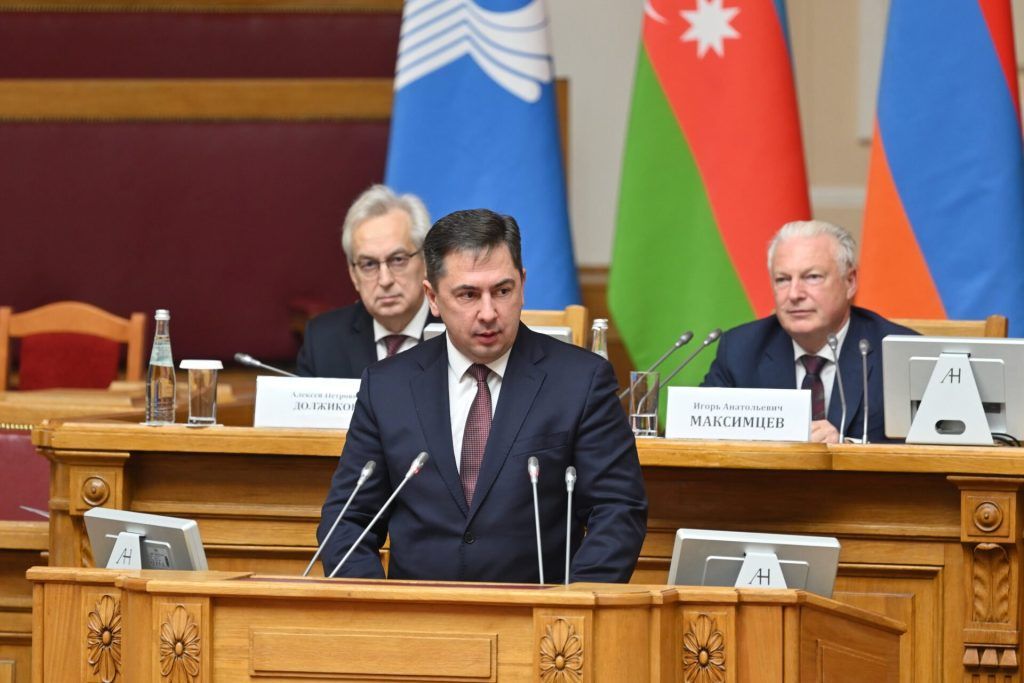
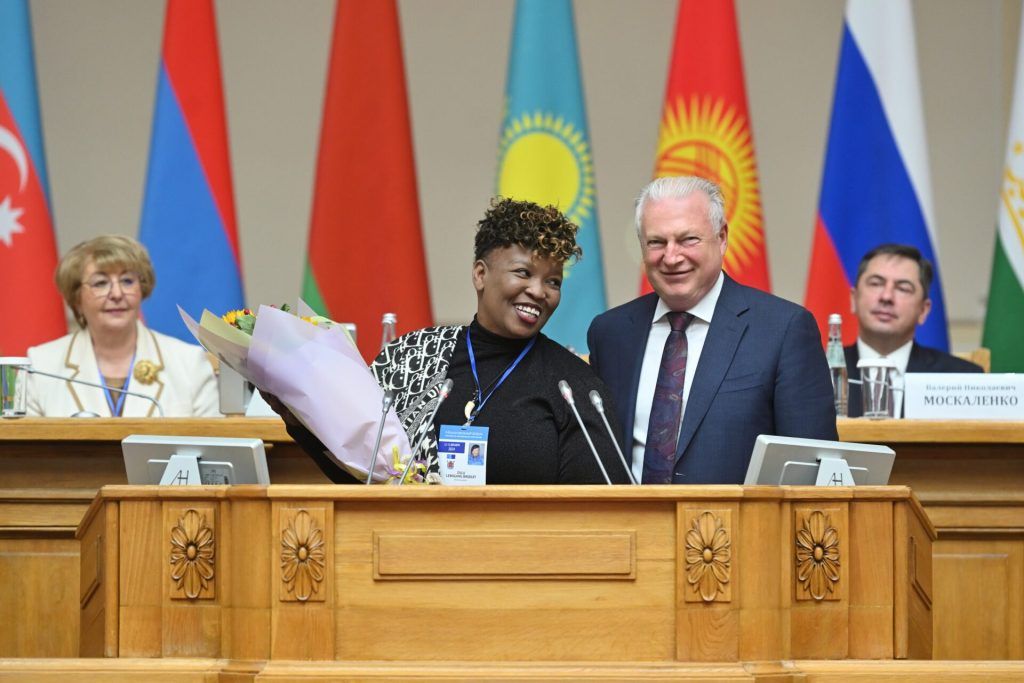
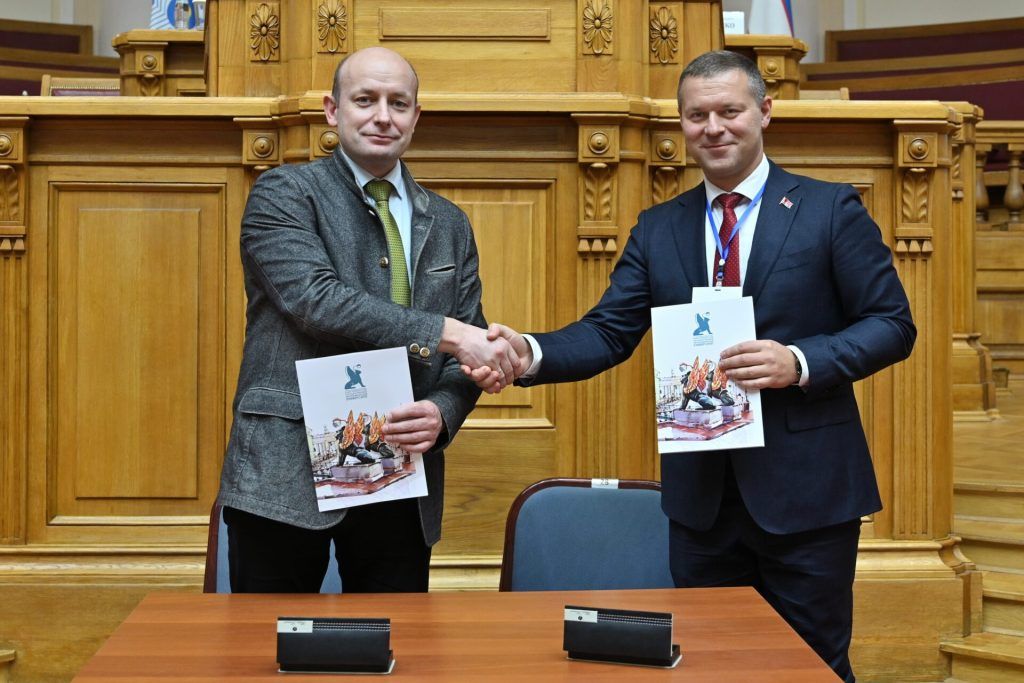
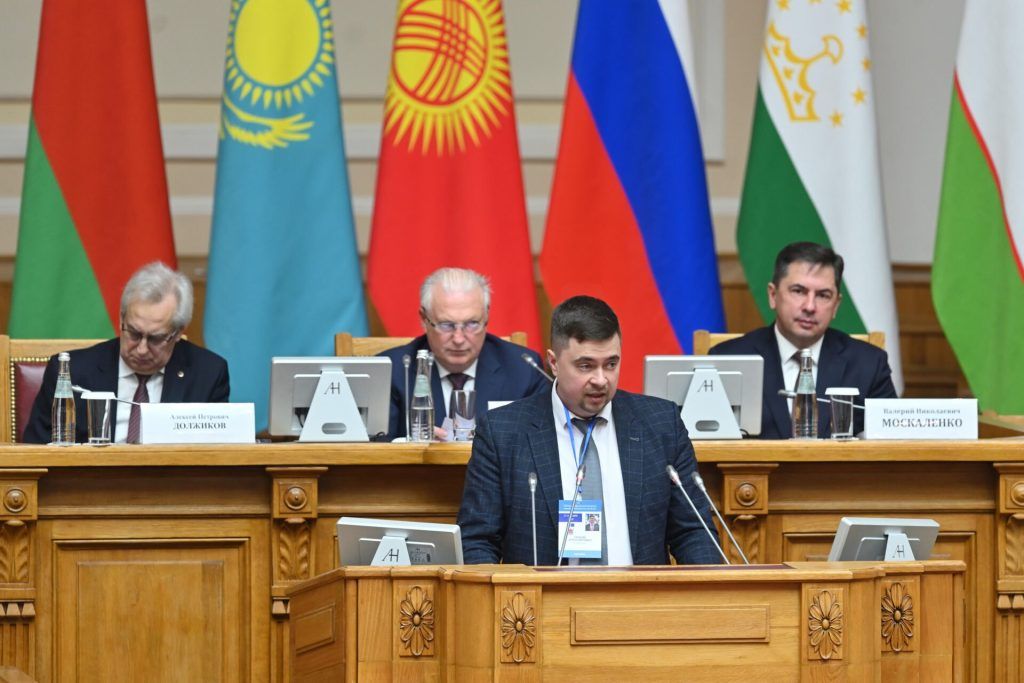
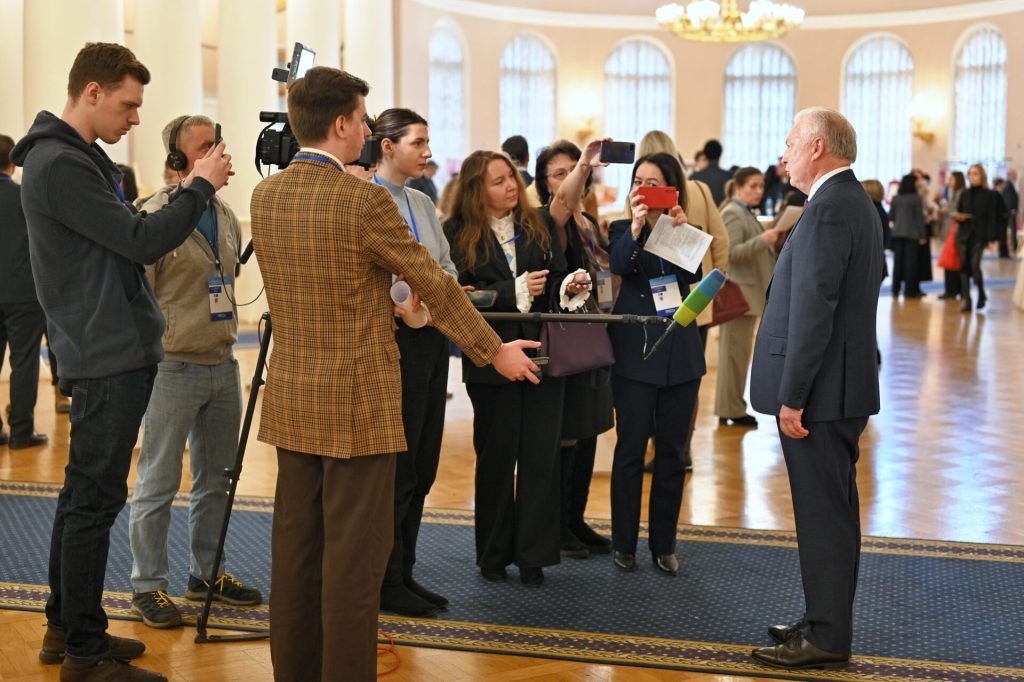
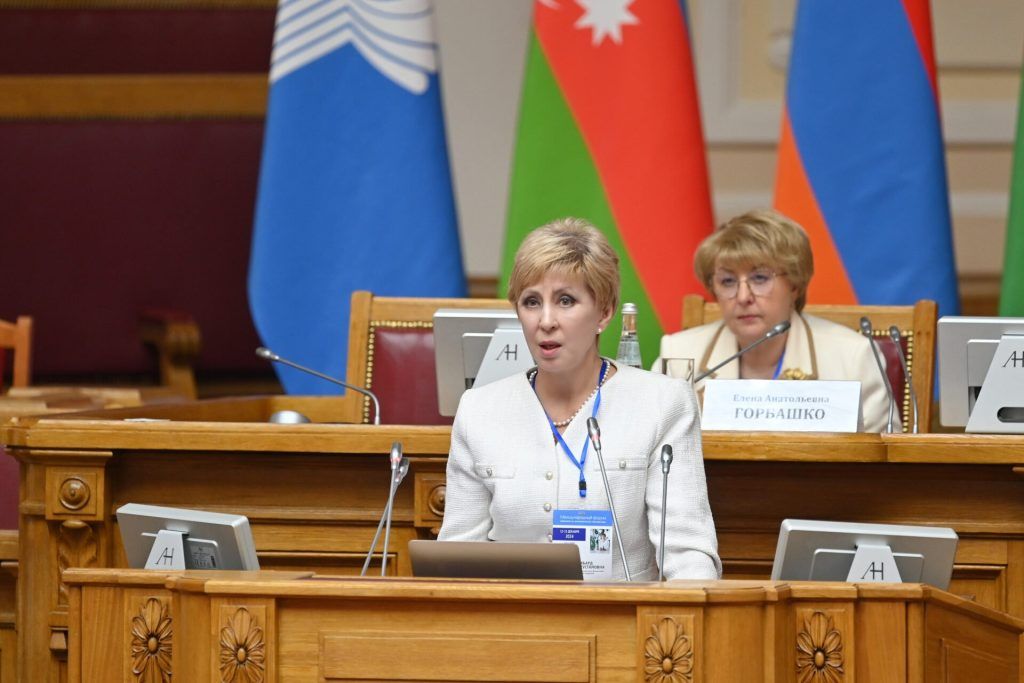
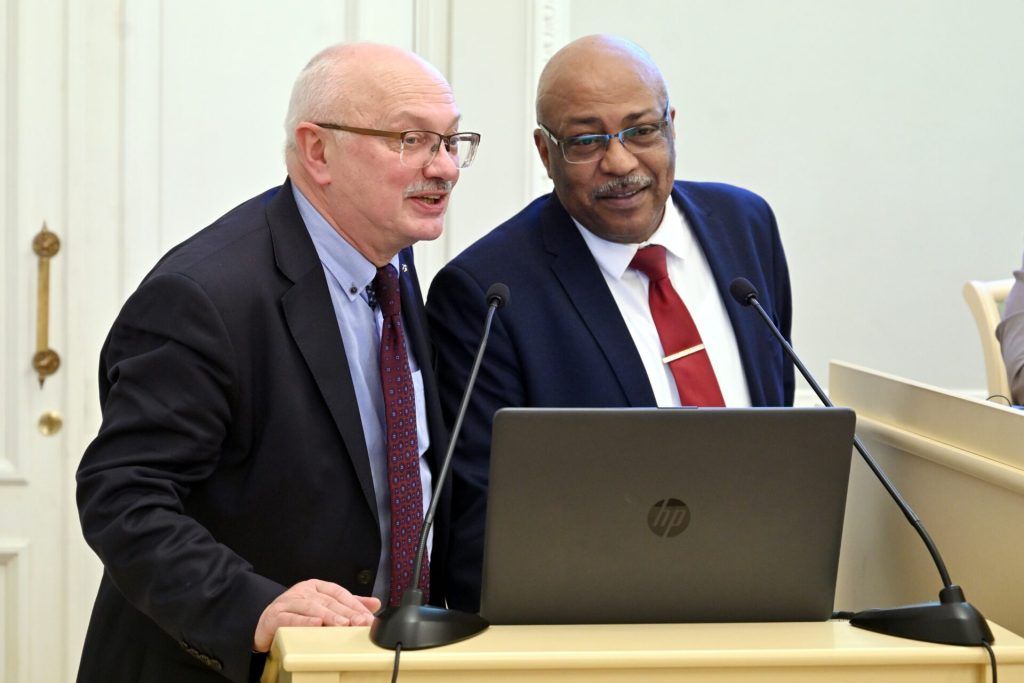
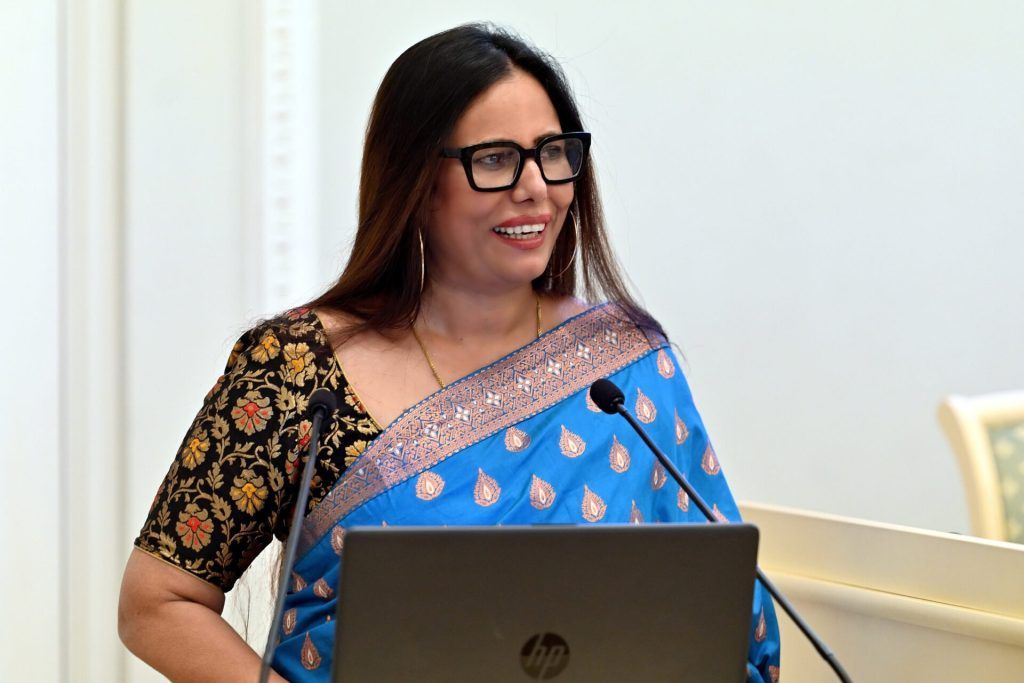
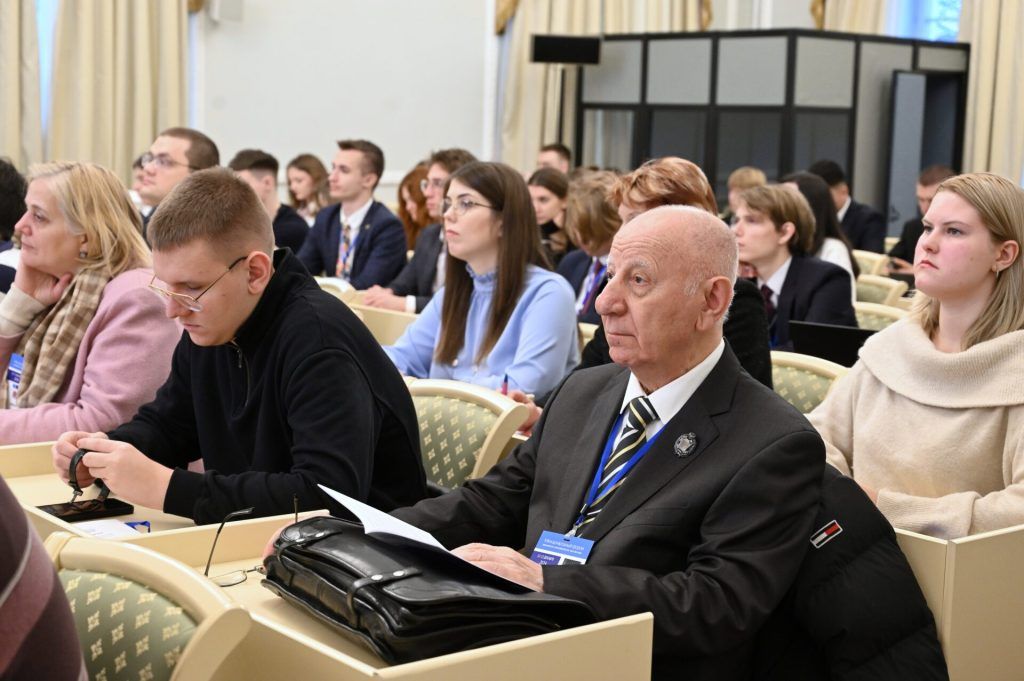
See more photos at the link